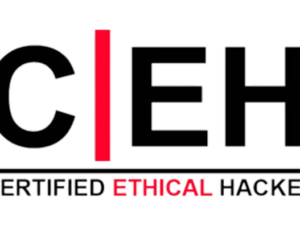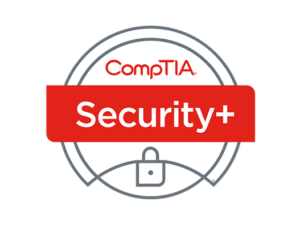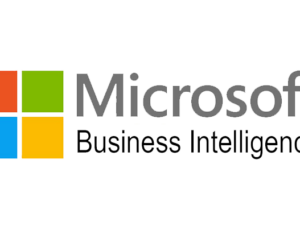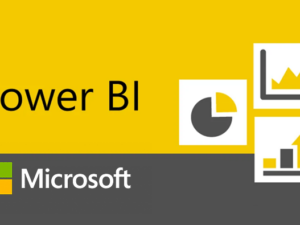ITIL Foundation training from Certs Learning is the first step the in the ITIL certification path and is designed to ensure you pass the ITIL exam in the first attempt and move to the expert level in the shortest amount of time. Our training focuses on the key elements, concepts and terminologies associated with ITIL service lifecycle management, including ITIL lifecycle phase interactions and outcomes, ITSM processes and service management best practices.
ITIL® Foundation Certification Training
- Description
- Curriculum
- FAQ
- Reviews
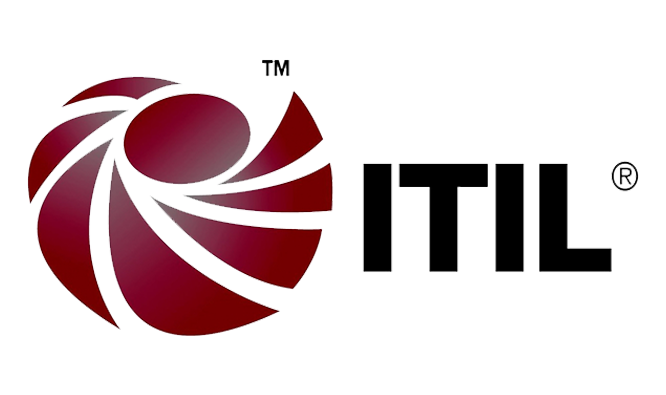
By the end of this ITIL Certification training you will:
- Learn about IT Service Management best practices, generic concepts, key principles, and ITIL 2011 process models that are required to the ITIL Foundation exam
- Gain a comprehensive understanding of the purpose, objective and scope of service strategy, service design, service transition, service operations, and Continual Service Improvement
- Learn how to apply ITIL tools, techniques and concepts to improve efficiency and effectiveness in business changes to optimize the customer experience
- Understand how to apply lean principles and automate standard tasks to improve efficiency of ITSM processes
- Save costs by centralizing activities and teams using well defined fit-for purpose and fit-for-use processes
- Align IT services with the needs of your organization
Training is primarily intended to help IT architects, IT planners, IT consultants, IT audit or security managers, and anyone interested in enhancing the quality of IT service management.
ITIL certification is an essential requirement for professionals who need to learn the fundamentals of ITIL frameworks and how they may be used to enhance the quality of IT service management. This certification is best suited for:
- IT Managers/Support Teams
- IT Architects, Planners and Consultants
- System Administrators/Analysts
- Operations Managers
- Database Administrators
- Service Delivery Professionals
- Quality Analysts
- Application Management Team/Development Team
- Process Owners/Practitioners
-
1Service Management as Practice
Learning Objectives - In this module, you will learn to define the concept of a service, and to comprehend and explain the concept of service management as a practice. On completion of this module, you have to take an exercise that would reinforce learning.
Topics - Why ITIL® is the Best Practice, Processes, Functions, definition of IT Service Management, what is service and how it brings value to customers, different type of customers and service providers, different stakeholders.
-
2Service Strategy
Learning Objectives - In this module, `the end in mind` is visualized and provides direction to subsequent lifecycle stages to carry out the guidelines and procedures in delivering the IT services. On completion of this module, you have to take an exercise that would reinforce learning.
Topics - Governance, Risks, Budget, strategic Assets, Utility & Warranty, Characteristics of value, are some of the key concepts that is discussed apart from the purpose, objectives, scope of the following processes viz., Service Portfolio Management; Financial Management; Business Relationship Management.
-
3Service Design
Learning Objectives - In this module, you will get into meticulous details and plans to deliver the service as required by the strategy. A significant document called the Service Design Package (SDP) is prepared in this phase which is then passed onto Service Transition for execution. On completion of this module, you have to take an exercise that would reinforce learning.
Topics - Four Ps of Service Design, Service Design Package, Five Aspects of Service Design are covered in this phase. Planning for Availability, Capacity, Continuity, Security, managing suppliers and agreements, design to measure IT services are covered in the relevant processes.
-
4Service Transition
Learning Objectives - In this module, you be guided on managing changes in a controlled manner; build, test & deploy the change into production, control IT assets & effectively make use of data, information, knowledge for decision making. On completion of this module, you have to take an exercise that would reinforce learning.
Topics - Different types of changes, CAB meetings, Remediation planning, Configuration Management System, CMDB, DML will be covered through Change Management, Service Asset Configuration Management, Release & Deployment, Service Knowledge Management Processes.
-
5Service Operation
Learning Objectives - In this module, you will be guided on the day to day management of IT Service Operations. This is where the value is seen by the customers and several processes and function activities are measured with the parameters defined in the Service Level Management. This is also a phase where in improvements keep happening to ensure that the services delivered are effective and efficient. This phase is where Strategy, Design & Transition stages are tested. Stability and day-to-day operations are managed the way business wants. On completion of this module, you have to take an exercise that would reinforce learning.
Topics - Supplier management, monitoring & measuring operational activities, different types of Events, meaning of Incidents, how are Problem different from Incidents, incident model, problem model, different types of Events and its meaning, Request Fulfilment model, different types of Service Desk, roles of Technical & Application Management.
-
6Continual Service Improvement (CSI)
Learning Objectives - In this module, you will focus on making changes to suit the changing business needs, continually monitor and measure services against the Service Level Management. Proactively look for bringing improvements to the service delivered cost effectively and efficiently. On completion of this module, you have to take an exercise that would reinforce learning.
Topics - Vision to Measurement, Critical Success Factors, Key Performance Indicators, Deming's Plan, Do, Check & Act, CSI model & Seven Step Improvement Process.
-
7Mock Examination
Learning Objectives - In this module, there will be 2 sets of AXELOS mock exam based on final certification model.

